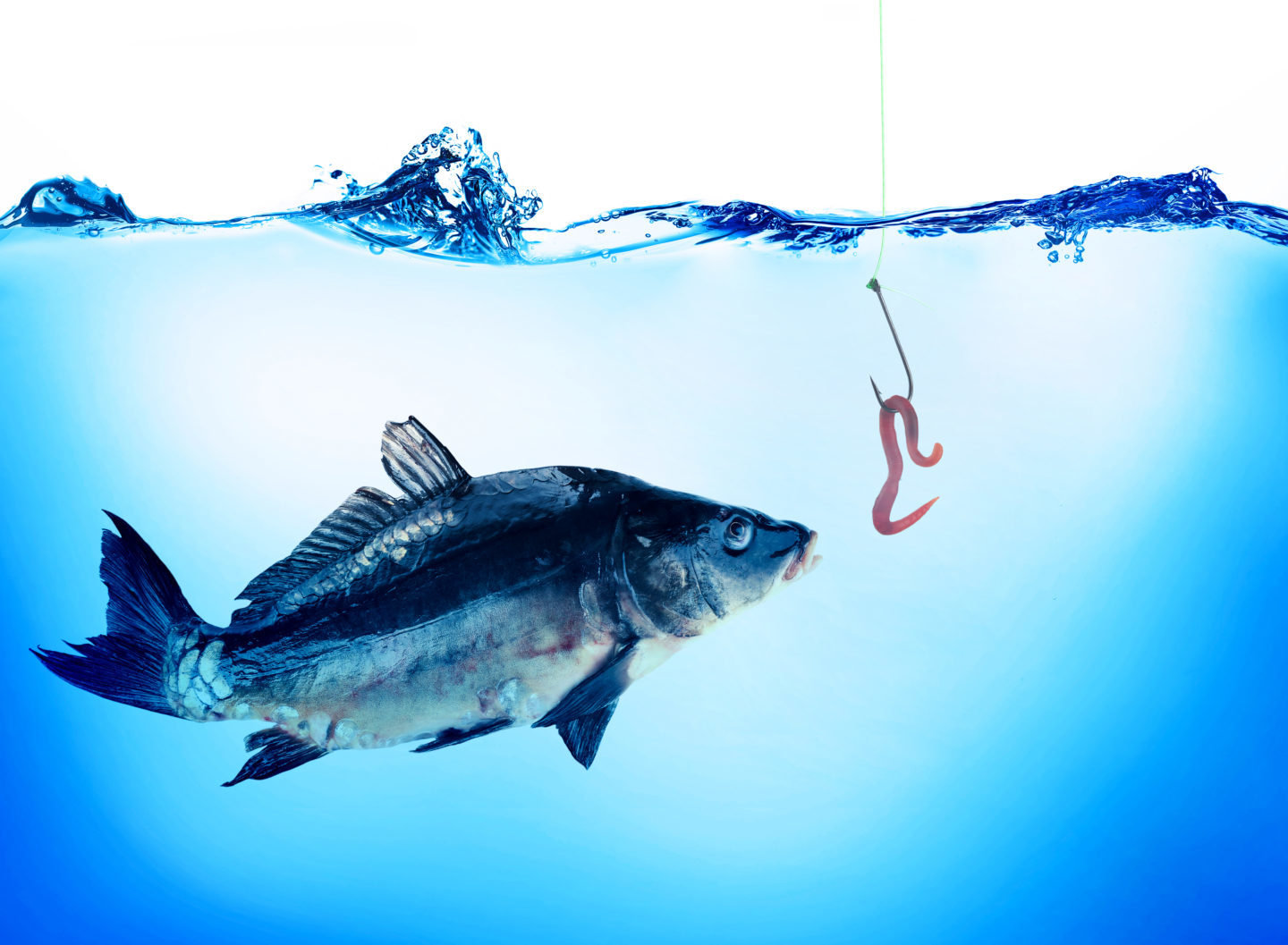Consciousness
On Monday, I gave a general overview of the main ideas in my forthcoming book The Unity of Perception: Content, Consciousness, Evidence. The key idea developed in the book is that perception is constituted by employing perceptual capacities—for example the capacity to discriminate and single out instances of red from …







